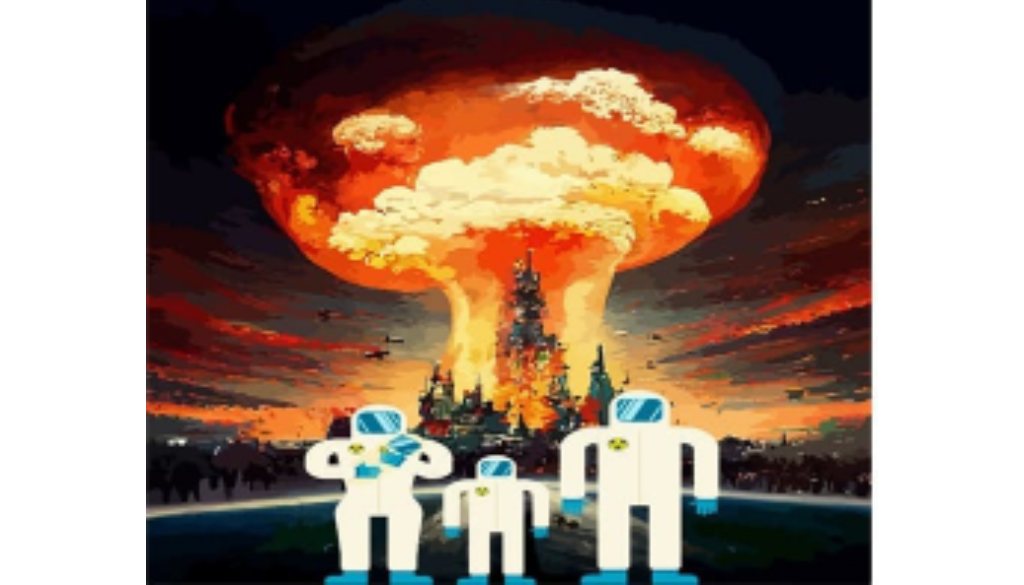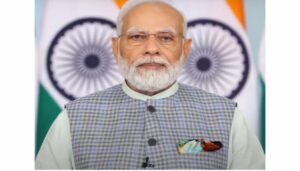The Power of Forgiveness: Japan’s Ongoing Friendship with America

28th July 2023: The enduring friendship between the Japanese people and the United States despite the tragic nuclear attacks during World War II can be attributed to several factors:
- Rebuilding and Aid: After the end of World War II, the United States played a crucial role in helping Japan rebuild its economy and infrastructure. The U.S. provided extensive aid and support through the occupation period, known as the Allied occupation of Japan, led by General Douglas MacArthur. This assistance helped Japan recover and lay the foundation for its post-war economic miracle.
- Pacifist Constitution: The U.S. occupation of Japan also led to significant changes in the country’s political landscape. Japan adopted a pacifist constitution in 1947, renouncing war as a sovereign right and forever abandoning the use of force to settle international disputes. This commitment to peace resonates with the American values of democracy and non-aggression.
- Shared Values: Japan and the United States share several common values, including democracy, individual freedoms, and the rule of law. These shared values have formed the basis of a strong bilateral relationship over the years.
- Security Alliance: In the following years after World War II, the United States and Japan entered into a formal security alliance with the signing of the Treaty of Mutual Cooperation and Security in 1960. This alliance has been essential in ensuring the security and stability of the region, which is especially significant given the geopolitical challenges in the Asia-Pacific.
- Economic Ties: The U.S. and Japan have developed strong economic ties over the years. Japan’s post-war economic growth transformed the country into one of the world’s major economic powers. Economic collaboration and trade between the two nations have further strengthened the relationship.
- Cultural Exchange: There has been a significant cultural exchange between Japan and the United States over the years. From entertainment and technology to art and academia, the two countries have influenced each other’s cultures, leading to mutual appreciation and understanding.
- Generational Shift: As time has passed, new generations in both Japan and the U.S. have emerged who did not directly experience the events of World War II. These generations tend to focus on the present and the shared interests and benefits that the bilateral relationship brings, rather than dwelling on historical conflicts.
It’s important to note that while there is a strong friendship between Japan and the United States, there are also individuals and groups in Japan who continue to advocate for peace, nuclear disarmament, and remembrance of the tragic events of the past. However, the overall relationship between the two nations remains rooted in cooperation, shared interests, and a vision for a peaceful and prosperous future.








